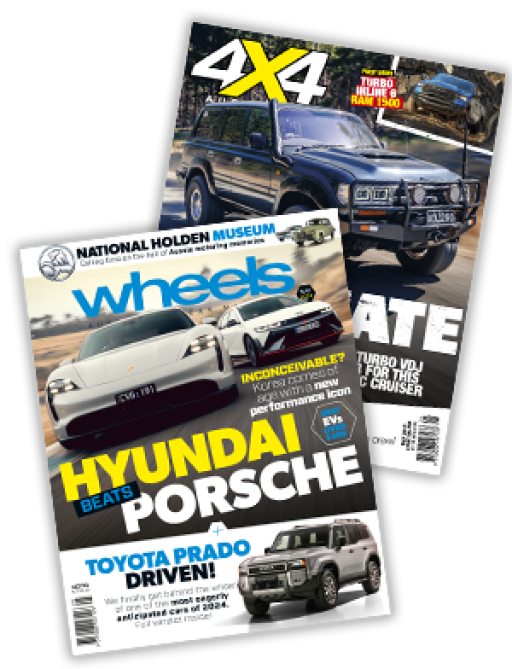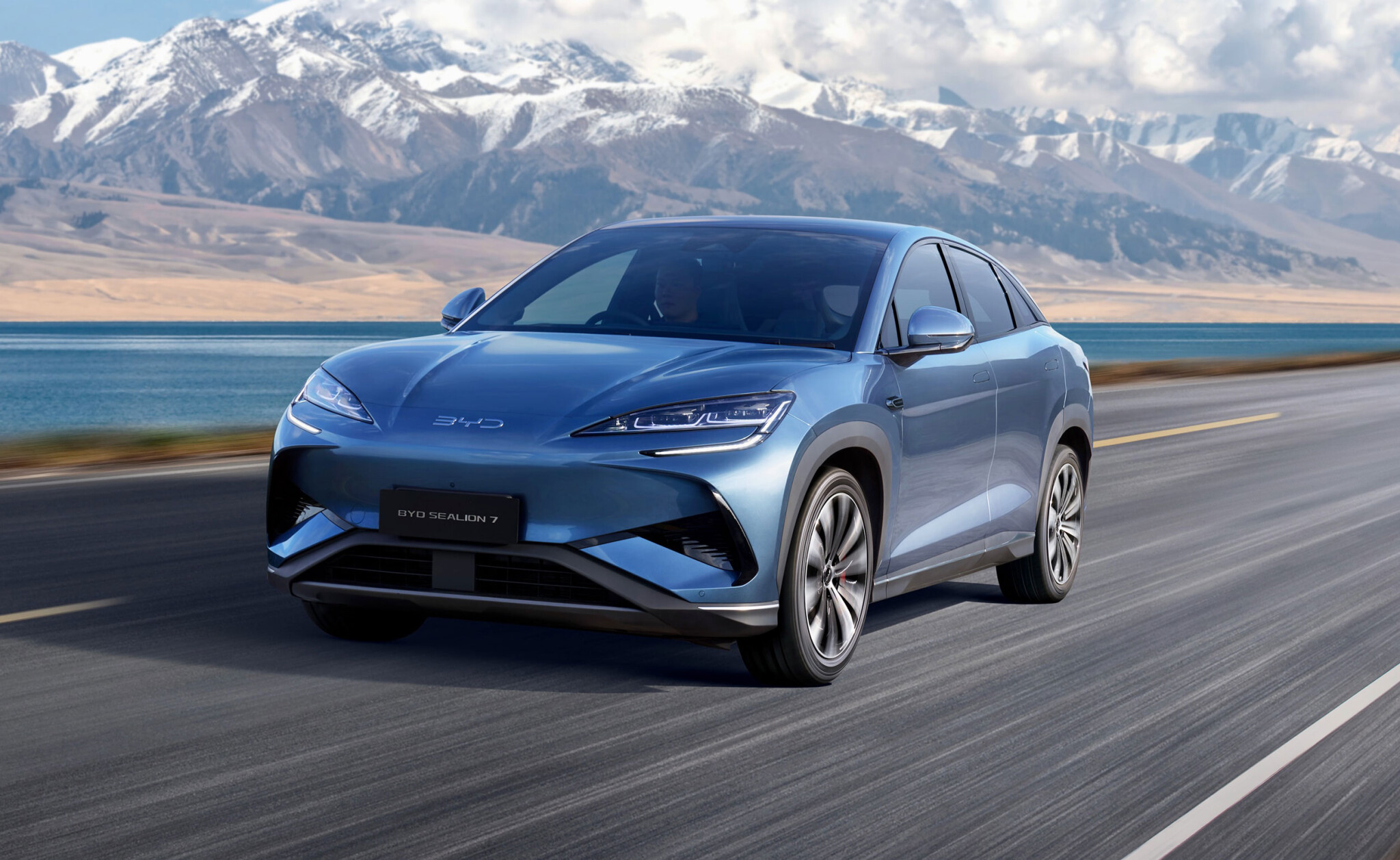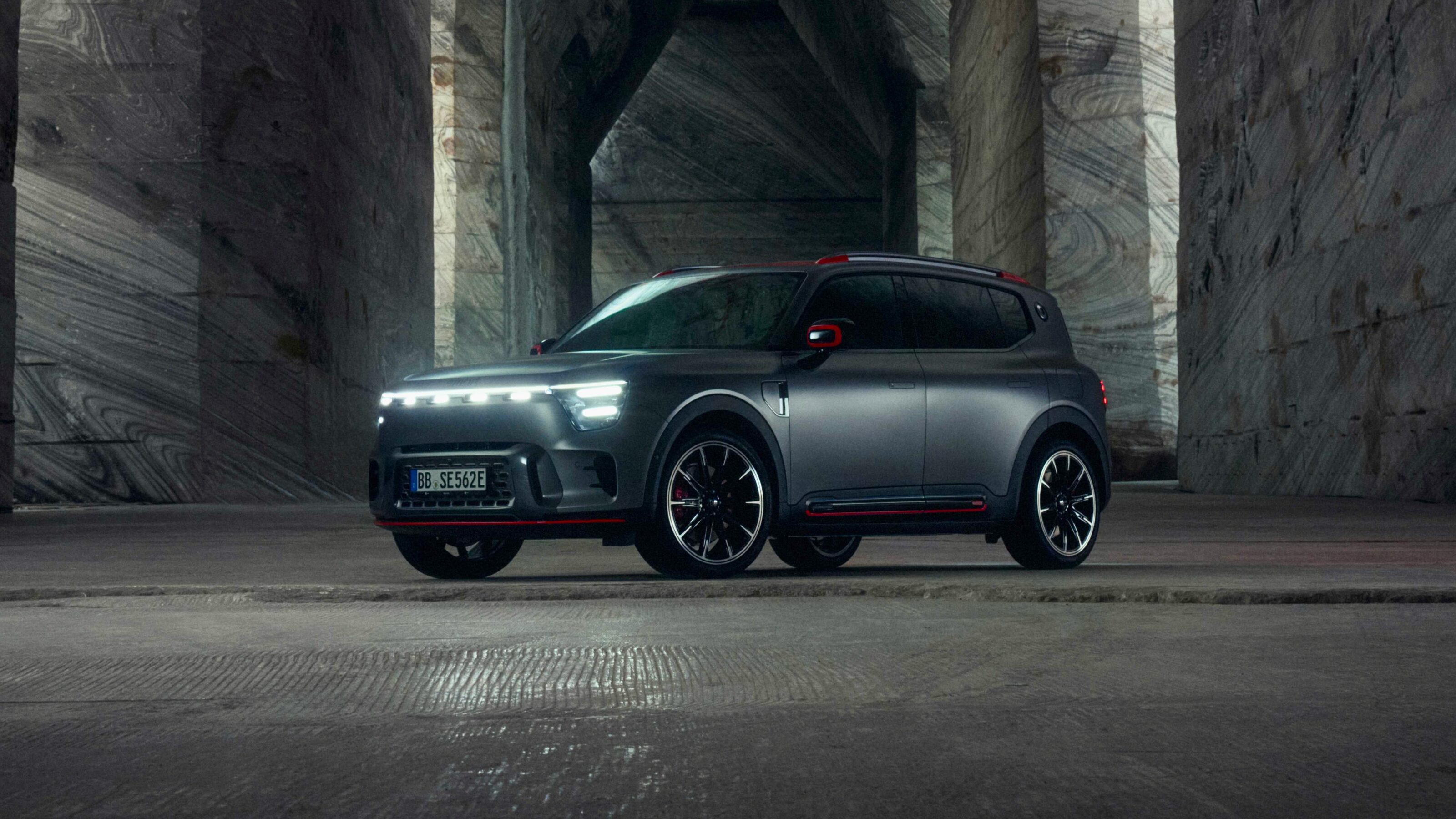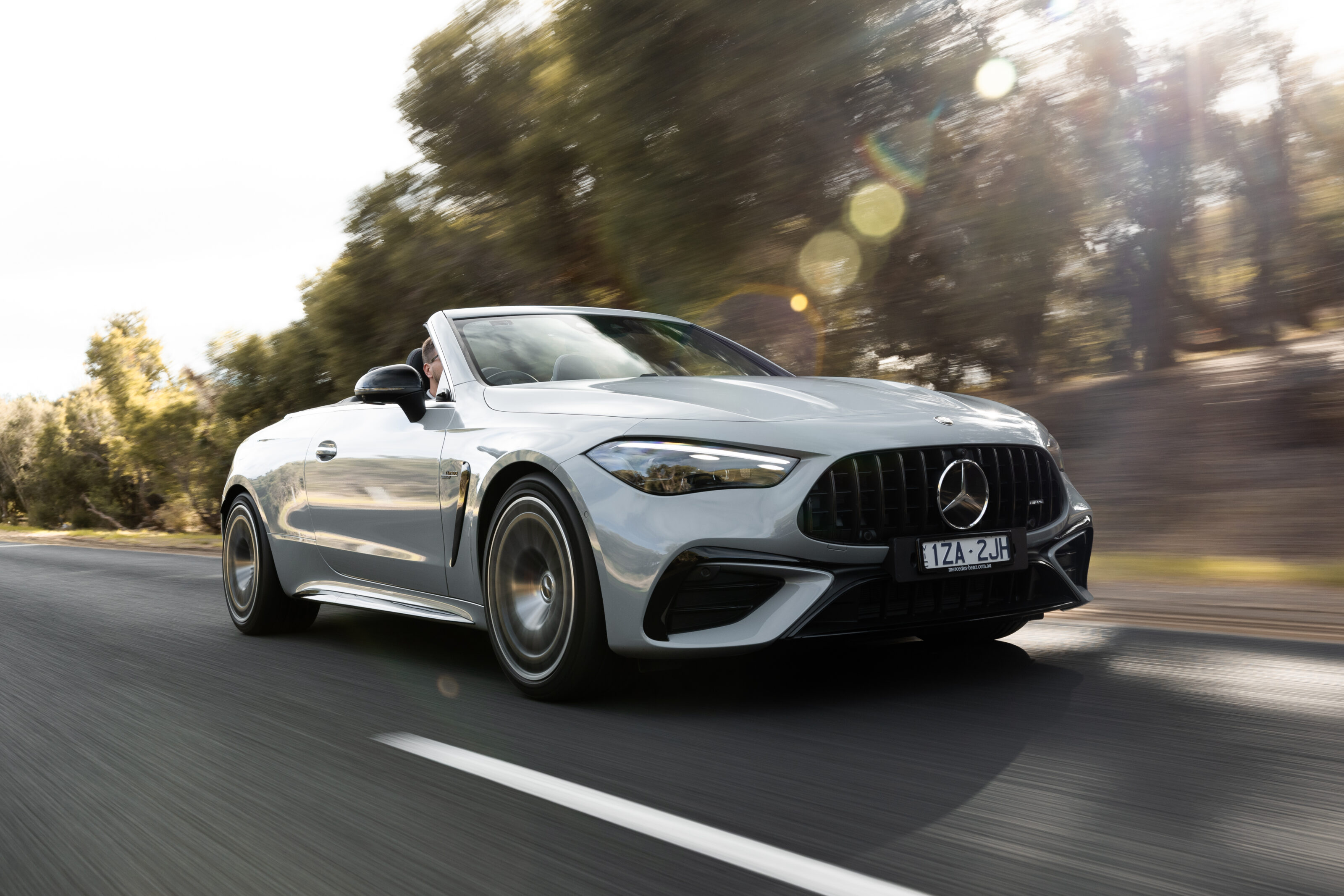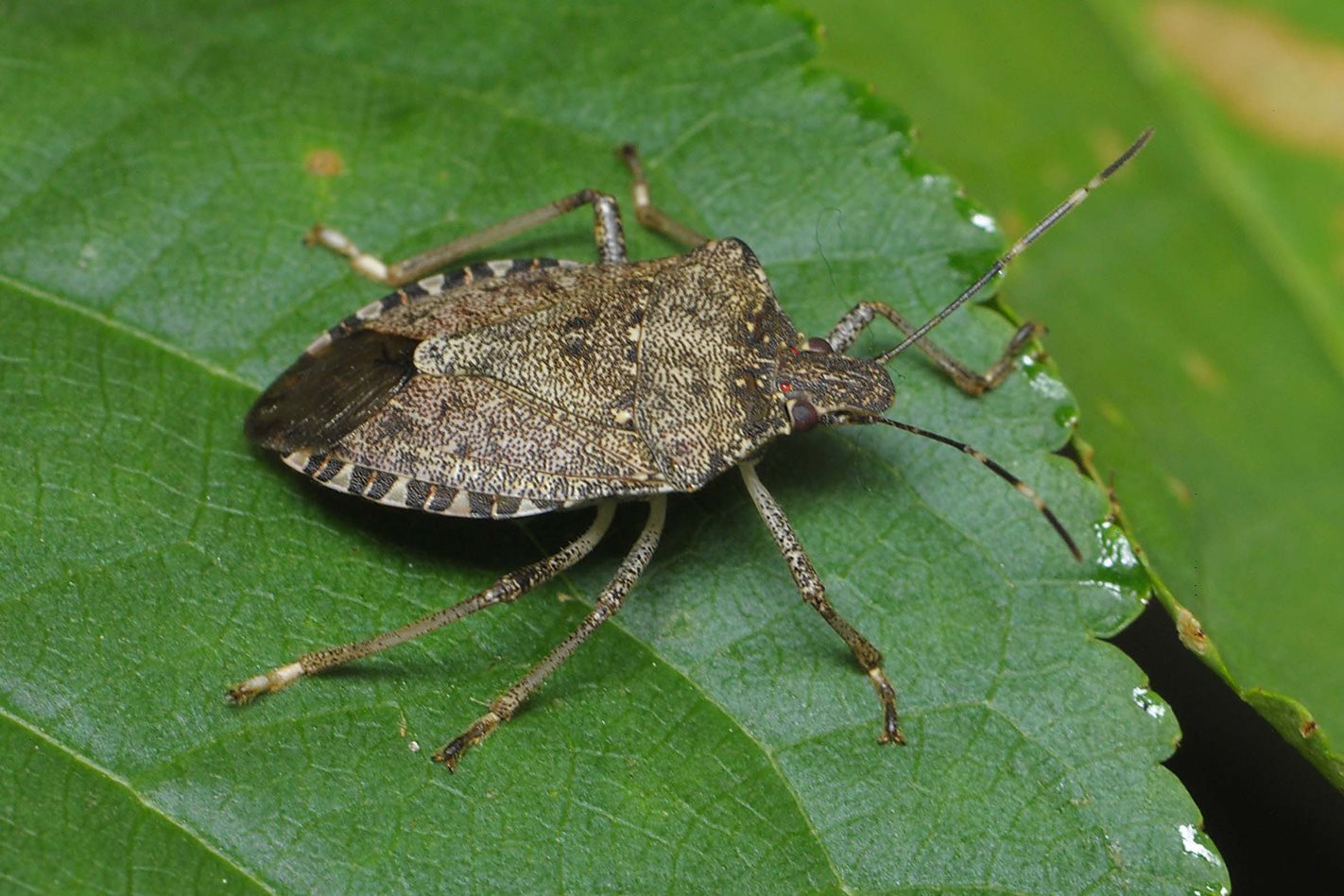
A cargo ship containing a large number of Volkswagen and Skoda cars is just one vessel that’s been turned away from Australian shores, thanks to an infestation of stinkbugs.
The Triumph was turned back by the Australian Department of Agriculture and Water Resources two weeks ago, after a nest of black mamorated stink bugs (or BMSBs) was found aboard. The ship had originated in China and had passed through several ports, including Indonesia.
It’s not just VW who is affected, either. Cars and other mechanical equipment sourced from Europe are now being treated to kill the bugs prior to being loaded onto ships, but WhichCar understands that other ships have also been parked or returned to port thanks to onboard infestations.
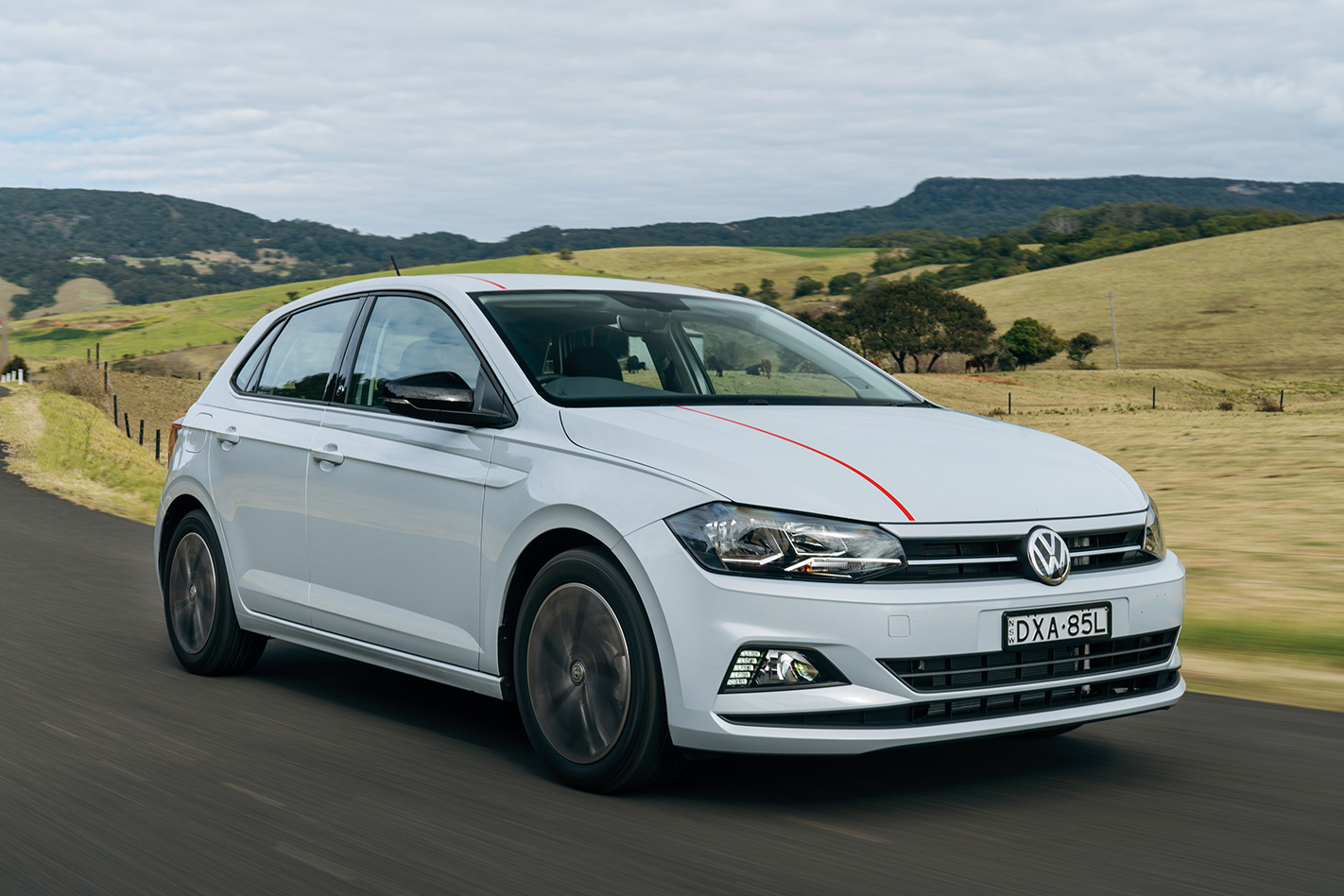
Brands like Mercedes-Benz, BMW, Kia and Hyundai source various vehicles from Europe. It’s not certain yet whether their cars have been caught up in the widening net.
Australian agricultural officials say that the bug destroys a wide variety of crops, and has the potential to “wreak havoc” on Australia’s $60 billion agricultural industry.
Two nests have already been found in Australia, which has resulted in more scrutiny for ships from Asian ports
Volkswagen Australia’s chief executive officer Michael Bartsch can only shake his head at the development, which tops off a tough retail year not just for VW, but for the industry as a whole.
“I’ve don’t think I’ve seen a year where there’s been so many variables,” the industry veteran – who has worked for Porsche and Nissan in global management roles – told WhichCar in a wide-ranging chat.
“Here’s a good example; we just had a ship turned around because of something called the stinkbug, and on board there were 1500 cars that we were planning to have on sale this month between our brands.
“That ship just got turned around and sent back to Indonesia because of quarantine issues. How can you plan for that?”
Mr Bartsch said that there’s no one reason why car sales in Australia are set to fall by more than 10 per cent from 2017 figures, noting changes in the financial sector due to the Royal Commission into the banking sector and housing price corrections amongst the possibilities.
“It’s a consequence of a lot of things,” he said. “That’s what has made the year so challenging – you can’t put your finger on one thing.
“Look at the (sales) figures in November; the passenger vehicle market was down 21 per cent year on year. Twenty-one per cent! That’s not just a little change, that’s a fall off a cliff.”
“The biggest focus for everyone here is ‘where does the [2018] market really end?’ When we started planning this year, we were talking 910,000-920,000 passenger vehicle [sales per year] market – your hatches, sedans and SUVs – where it could be 880,000 or 876,000… that’s a material change that has to be accounted for in the short term. It’s a big change in our environment.”
At the end of November, though, VW virtually matched its 2017 numbers, posting just over 53,000 sales.
“When you look at our metrics, we’ve done very well,” said Mr Bartsch.
Has your new car been delayed due to shipping issues? Let us know in the comments below!
